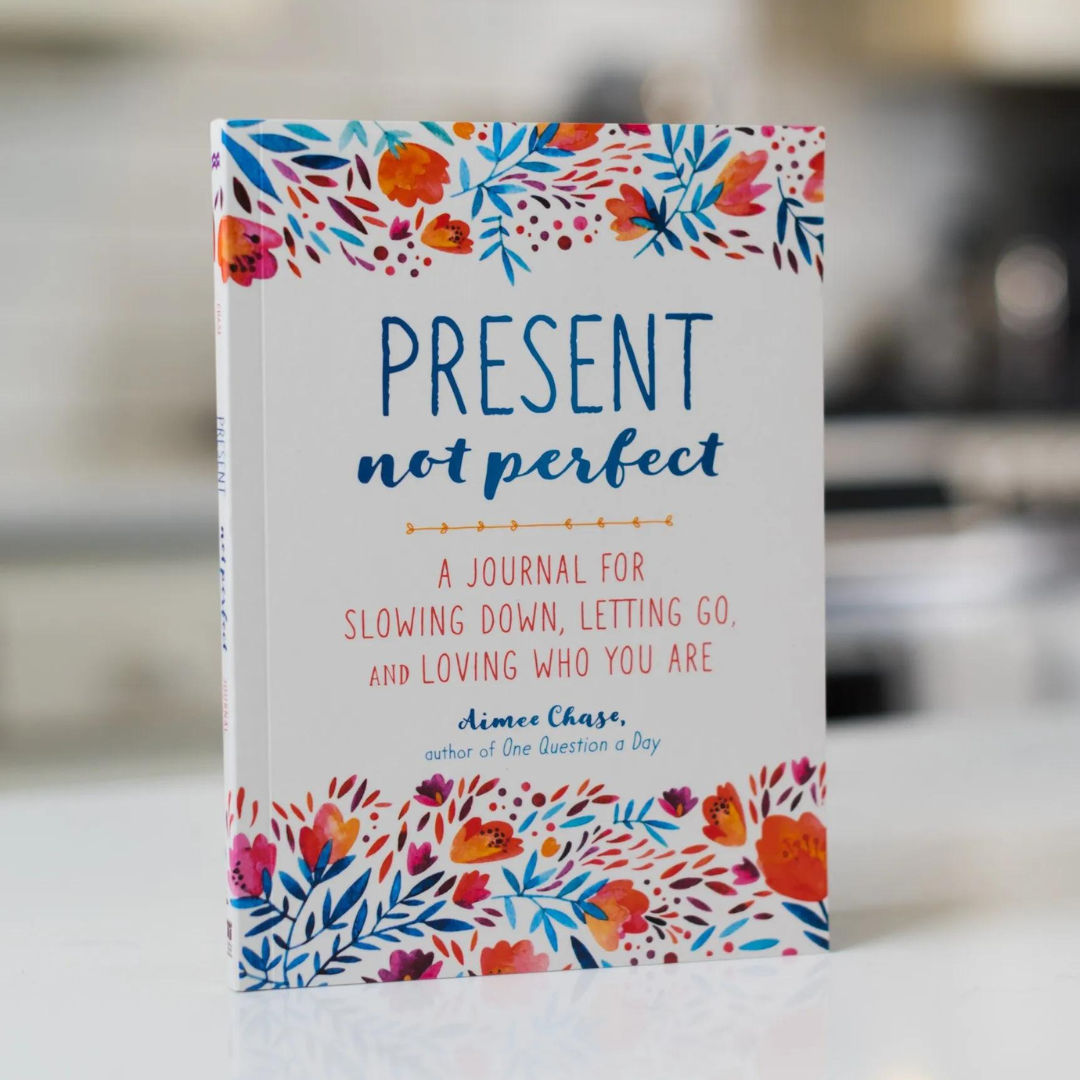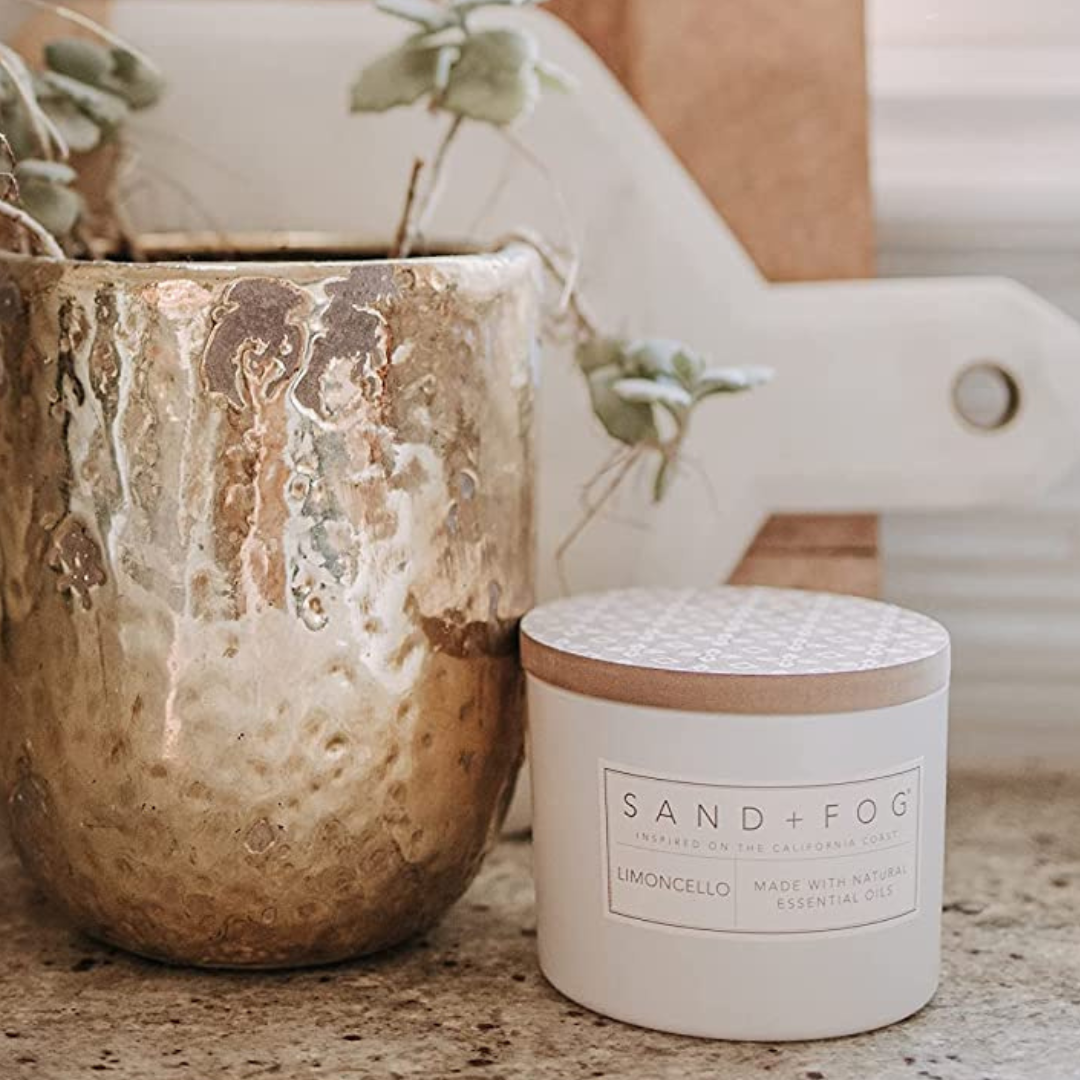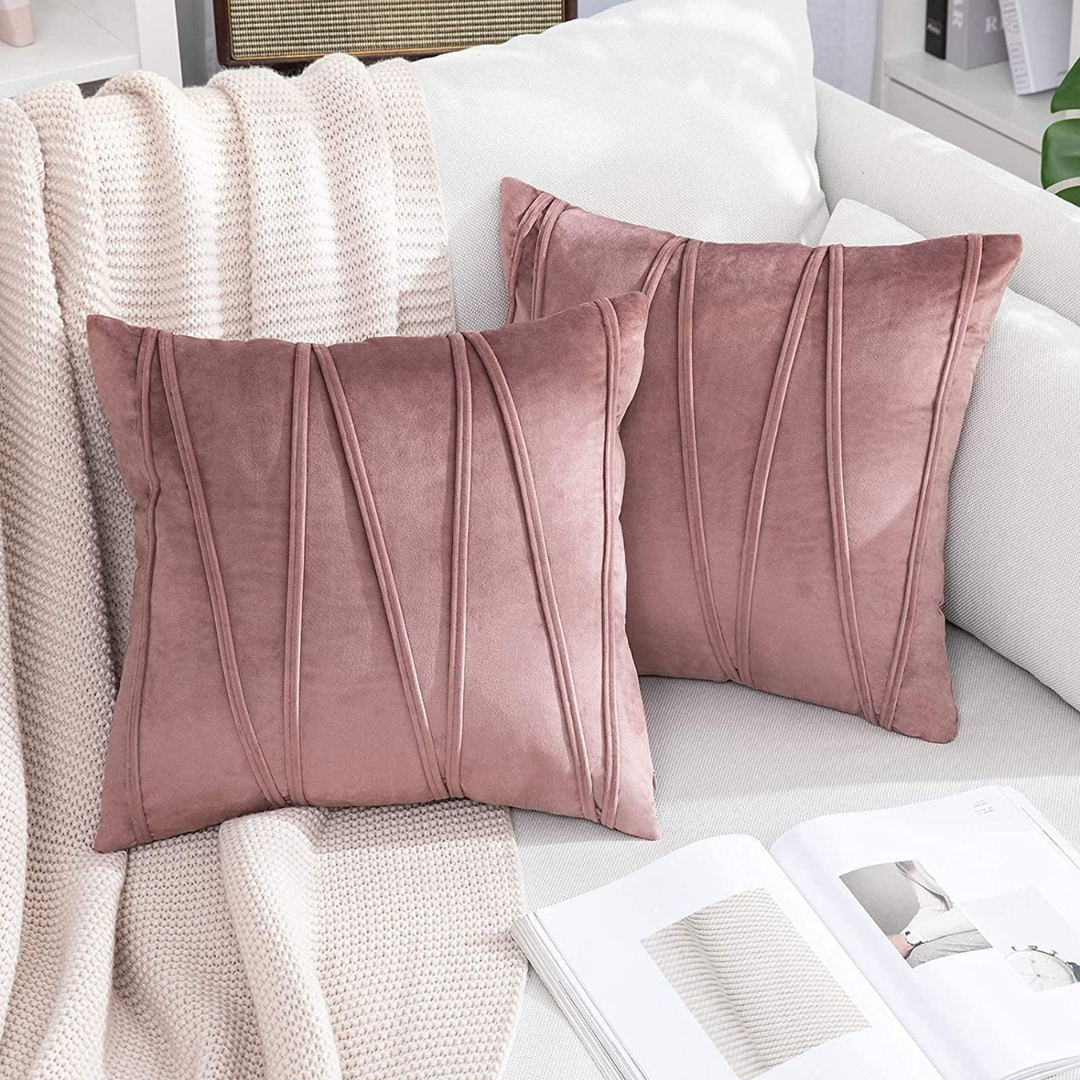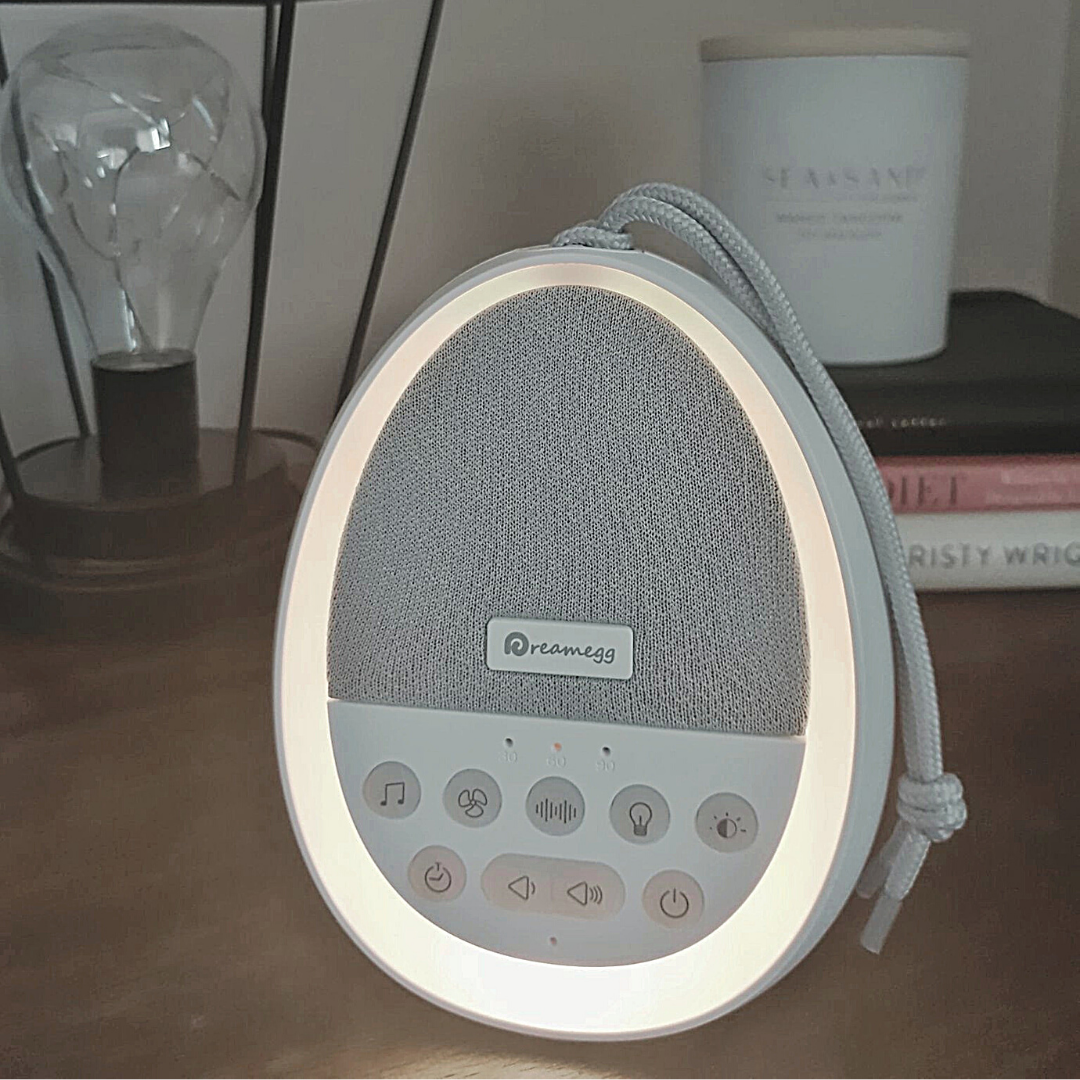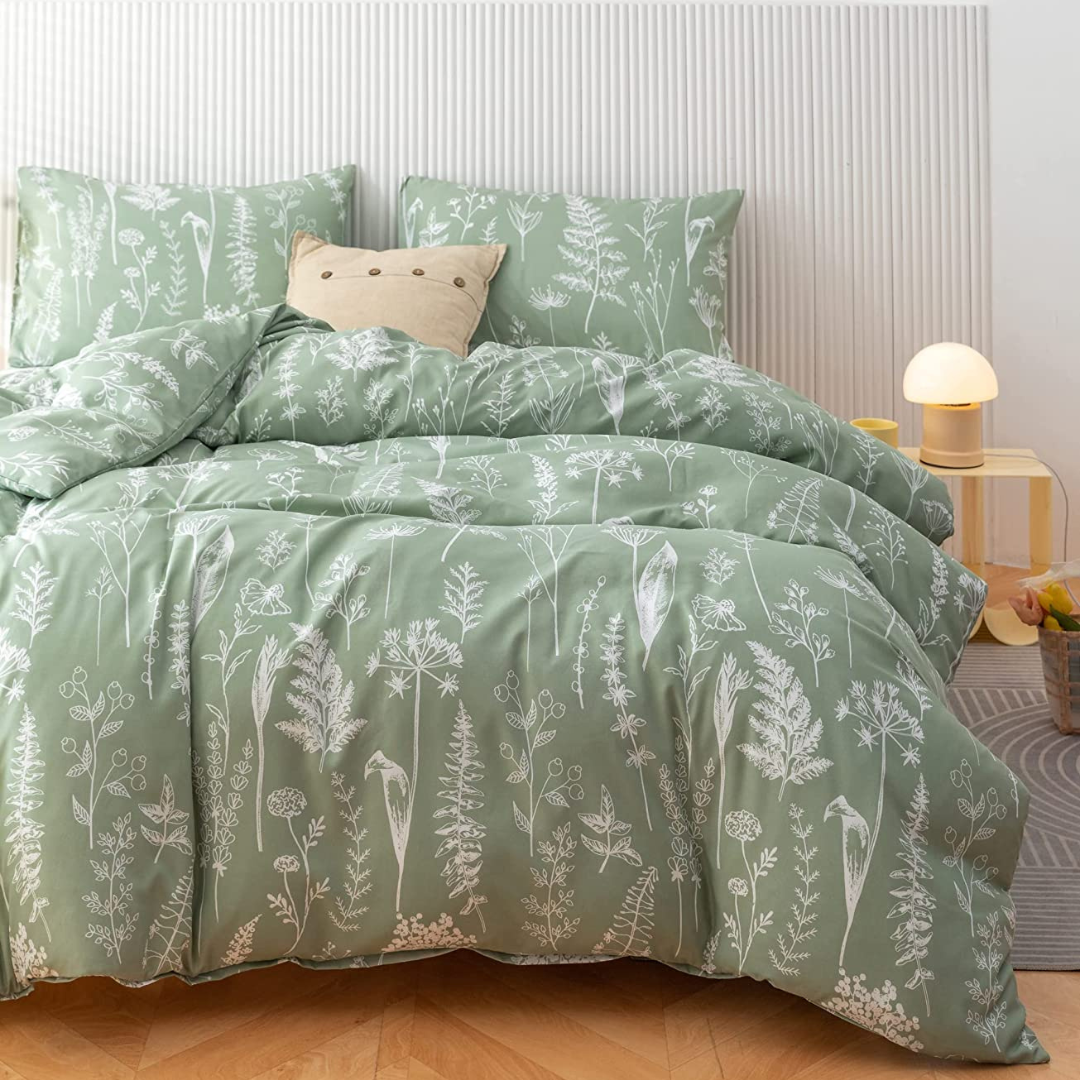|
|Welcome to another edition of the Therapists Corner!
I am thrilled and honoured to introduce my friend and colleague, Debbie Tiernan from Room to Relate, to my blog as this week's guest blogger. Debbie brings a wealth of knowledge and experience in the area of mental health and focuses on relationship counselling in her private practice located in Australia. I first met Debbie during our postgraduate counselling years and have forged a lasting friendship ever since. Let's start the Q&A!
Q1. What first drew you to enter the counselling profession? The personal is the professional. From a young age, I was the child who stood in the playground, quietly observing the interactions between the other children. I was the friend that others trusted to share their difficulties with. As a teenager and adult, I then developed a fascination for the way people related to each other, in their families and relationships, and wondered why some relationships are close between family members while others are so distant. I was also curious about why some romantic relationships can last the distance, while others have a shorter time frame and how this is connected to our early relationship experiences as children and the relationships we had with our parents, as children. This emphatic curiosity led me to a people focused career of counselling, where I can create a safe space of non-judgement and empathy, for people to talk and explore. "From a young age, I was the child who stood in the playground, quietly observing the interactions between the other children. I was the friend that others trusted to share their difficulties with.
Q2. What kind of clientele do you see in your practice? People who come to my practice are from all cultural and socioeconomic backgrounds, genders, ages and may be single, partnered, separated, divorced, in same sex relationships or opposite sex relationships. Issues discussed vary and commonly presenting problems affecting people and their relationships have been: adapting to changes in a family life cycle, for example couples or individuals who have had their first baby and are adapting to the changes this brings, or couples/individuals experiencing domestic and family violence, more commonly emotional abuse. Cultural diversity and a lack of inter-generational support has also been presenting frequently, especially with people who have immigrated to Australia. Other issues include affairs, addiction, anxiety, depression, previous trauma, grief and loss and work related difficulties, or relationship breakdown, parenting difficulties and step or blended family challenges. Many of these issues have also presented frequently, in people coming to my practice. Q3. How would you describe the most rewarding aspect of your job as a therapist? It’s all in a smile. When people are smiling as they leave my room, their smile is the best reward for me. When they describe that they feel heard, validated, more clear in understanding themselves or significant others, closer once again to those they love, have put into action some of the changes they wished for, and are able to manage future challenges without me there, then I feel satisfied. "I feel privileged and full of admiration for the bravery that it takes anyone to go to a counselling session with a complete stranger for the first time.
The most invisible benefactors of happier couples/families are their children. Especially when the inter-generational transmission of family conflict or violence is finally understood and ended, and the future of a family is re-written and the life of a child is improved significantly. Q4. Who has inspired you most in your practice? Esther Perel and her work on relationships, in particular on affairs, has inspired my practice and my ability to remain neutral and non judgmental and to view affairs as a ‘symptom’ of anxiety with the couple system, rather than being a ‘cause’ or a ‘reason’ to divorce. In particular, her book, Mating in Captivity, has been a huge inspiration. John and Julie Gottman and all of their excellent research in The Love Lab, on how couples handle conflict with accurate predictions of which couples will divorce and which won’t. The knowledge they impart learned from the research on couples who handle conflict well, has also inspired my work enormously. All of research and the resources created by The Gottman Institute have been invaluable and influential in my practice. Man’s Search for Meaning by Viktor Frankl, the psychiatrist who survived Nazi concentration camps and inspired people to find significance in the act of living and the theories of Carl Rogers Person Centred Therapy, in particular his book On Becoming a Person, have also inspired my development as counsellor as well as my practice as a counsellor.
Q5. Is there anything you wish clients knew, before entering your therapy room for the first time?
I feel privileged and full of admiration for the courage that it takes anyone to go to a counselling session with a complete stranger for the first time. Also I think if people knew how much others are experiencing the similar issues that they face, especially couples and families, and discovered all the support that there is out there to access, they would be quite surprised. Q6. Where do you see yourself in the next 1, 3, 5 years, terms of your professional career? Over the next year, I will continue seeing clients in my private practice, Room to Relate as a counsellor, which will dovetail with any further work that I may do for large national counselling organisations. In 3 to 5 years I would like to be training other counsellors, especially in Systemic Therapy and after 5 years I see myself becoming a supervisor to other counsellors. Beyond 5 years, I would like to expand my practice to be working more globally, and travelling internationally, to work in the areas of presentation, training and writing. Q7. Do you have a particular motto that you live by? Yes, I do. My motto to live by is; “To thine own self be true.” As inspired by the ‘philosophy of persons’ of Carl Rogers. MENTAL HEALTH RESOURCE VAULTGreat!Check your email for instructions on how to access the Mental Health Resource Vault.
Thank you for being our guest blogger, Debbie! It was wonderful to read about your journey as a practicing counsellor and to learn more about your passion to support the couples and families that join you in the therapy room.
Related: How to Find the Right Therapist For You
The links on this page are embedded with affiliate links that I may be compensated for at no additional cost to you.
0 Comments
Your comment will be posted after it is approved.
Leave a Reply. |
Welcome to the blog!↓ That's me, Heather. :)
MENTAL HEALTH RESOURCE VAULTGreat!Check your email for instructions on how to access the Mental Health Resource Vault. Categories
All
Popular Posts// 25 Positive Mindset Quotes
// Self-Care Bullet Journal Spreads // 7 Ways Your Physical Health is Connected to Your Mental Health |
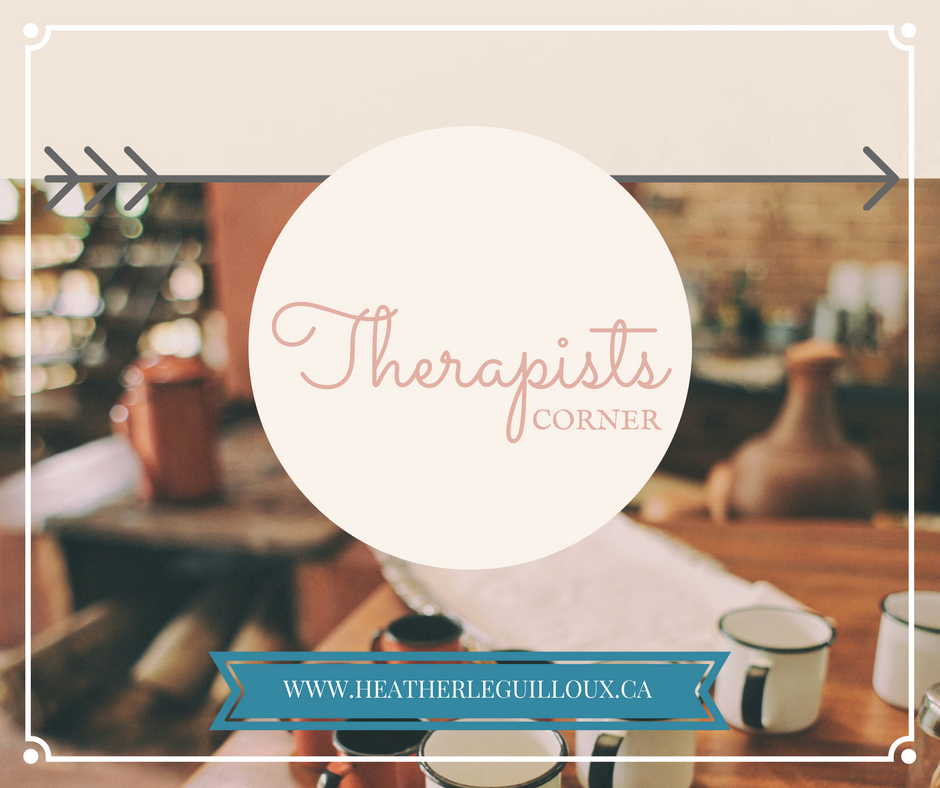





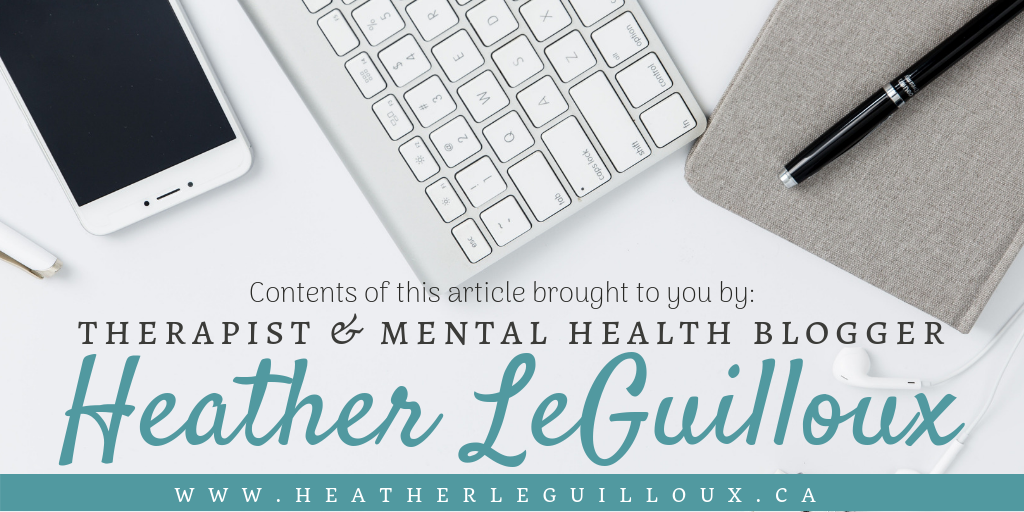
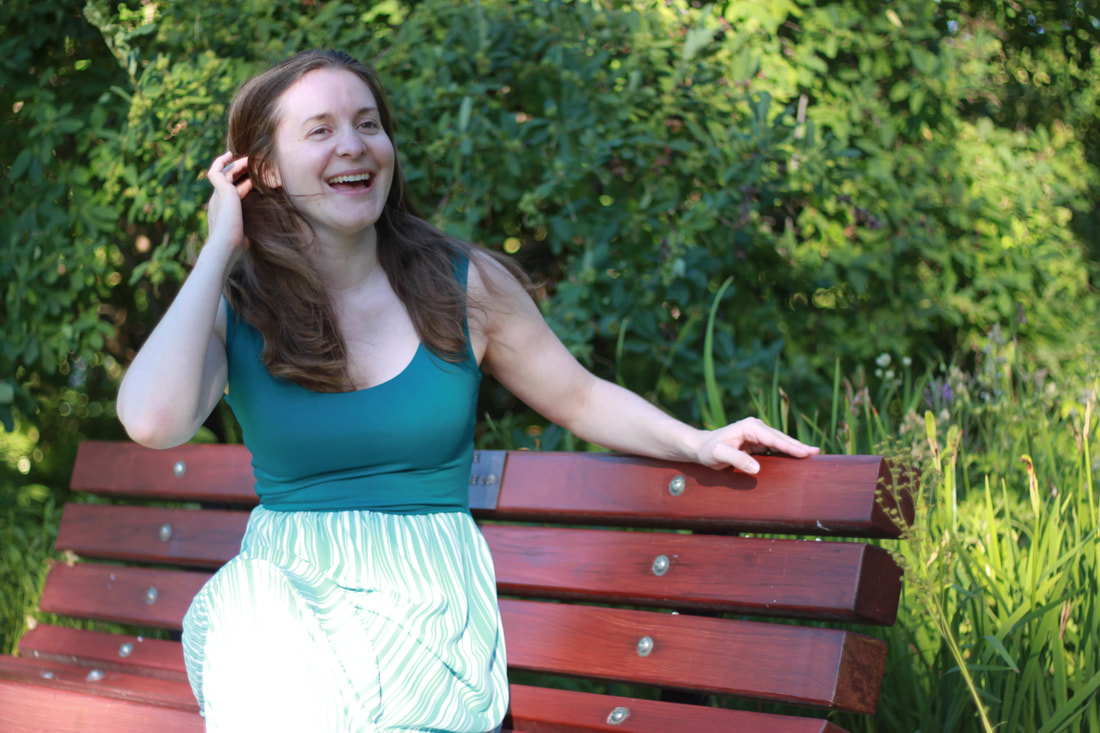
 RSS Feed
RSS Feed




